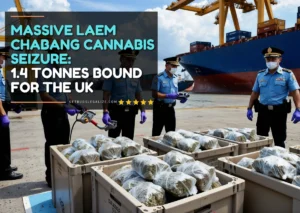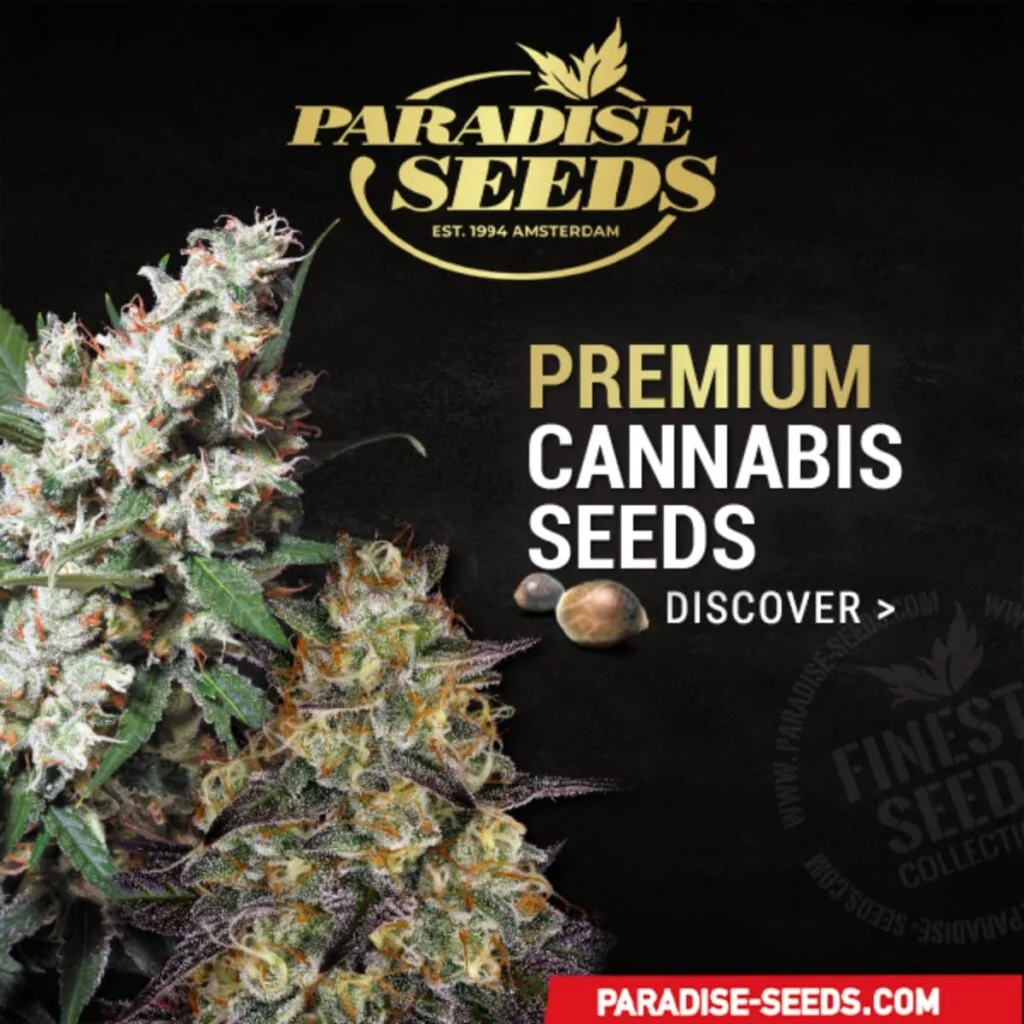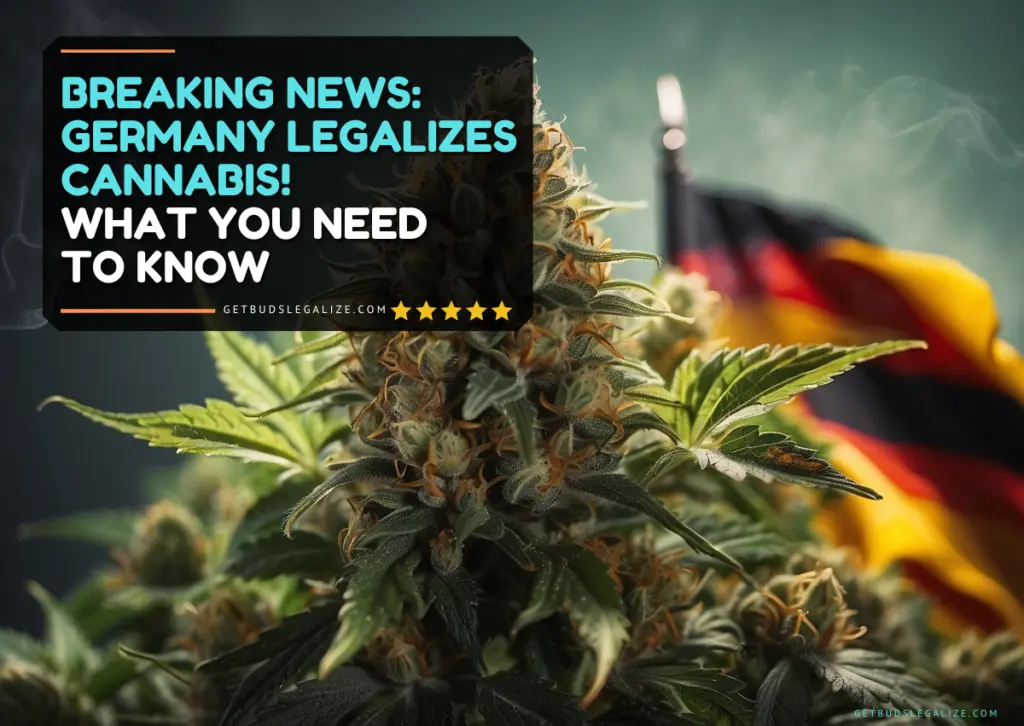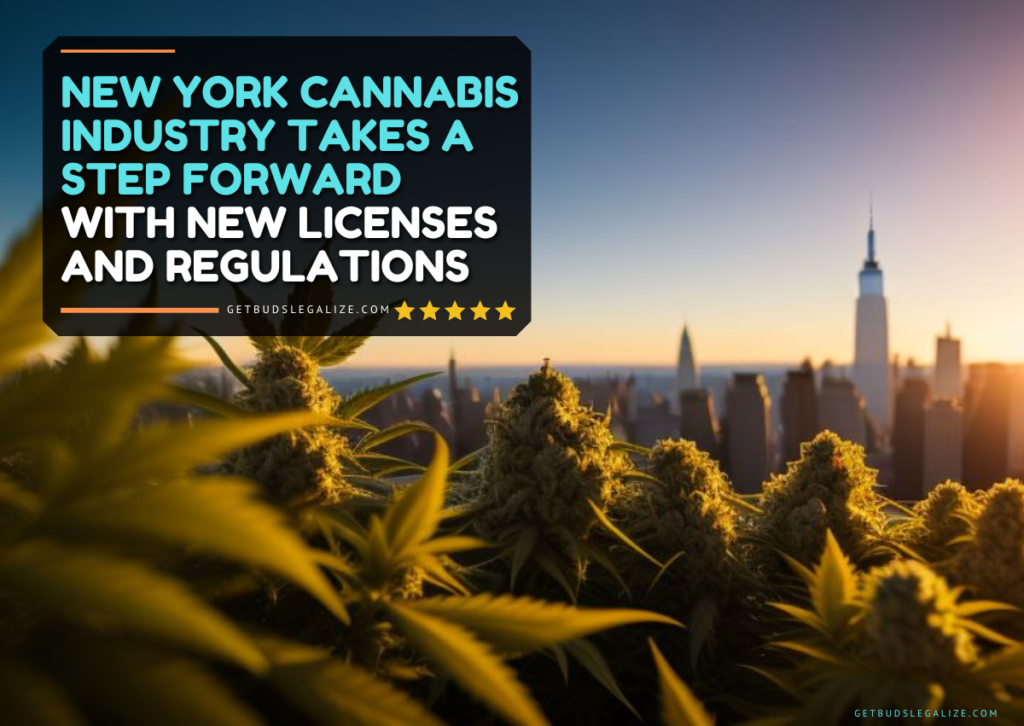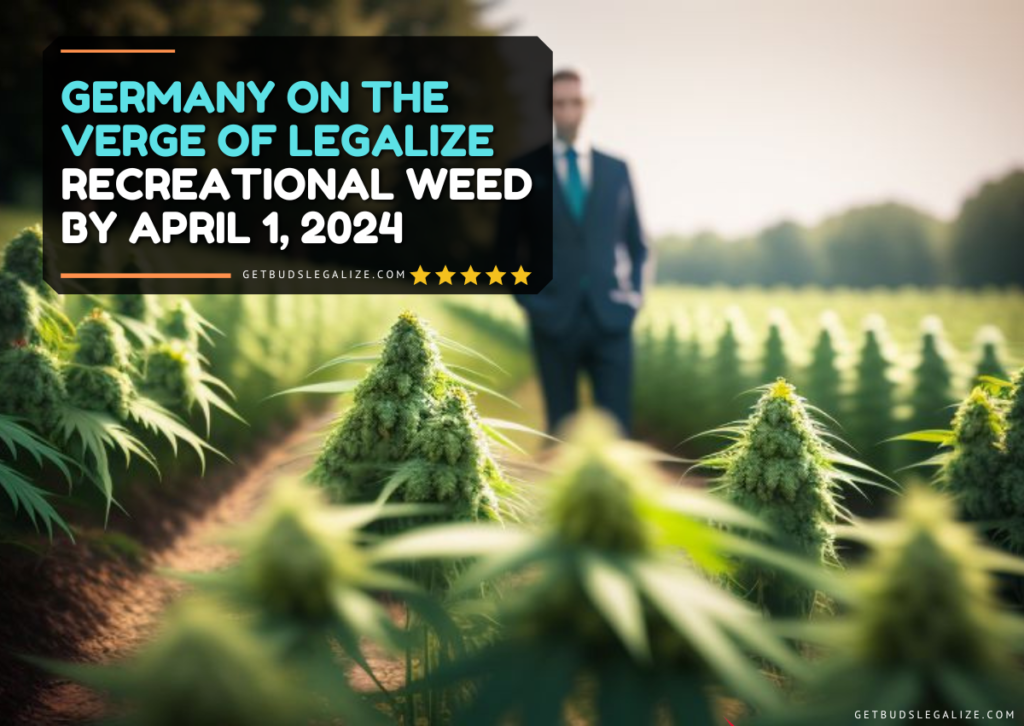Thailand Tightens the Reins: New Cannabis Regulations Set to Reshape the Industry
Thailand’s Public Health Ministry is making headlines as it prepares to implement stricter cannabis control regulations on the production, import, export, sale, and possession of cannabis and hemp extracts. This new ministerial regulation comes in response to the growing need for tighter control over the burgeoning cannabis industry and aims to ensure social equity within the rapidly evolving landscape.
Key Regulations on the Horizon: Cabinet Approval & Next Steps
Police Lieutenant General Phanurat Lukboon, Secretary-General of the Office of the Narcotics Control Board (ONCB), announced that the Cabinet has approved the draft regulation in principle. Proposed by the Public Health Ministry, this draft is set to undergo review by the Council of State, the government’s legal advisory body, before being enacted under the Narcotics Code. These changes are part of broader efforts related to cannabis legalization in Thailand, particularly concerning medical marijuana and its safe use.
Licensing Criteria and Fees
The forthcoming regulation will establish clear criteria for applying for, granting, and renewing licenses for medical, commercial, industrial, and scientific use of cannabis and hemp extracts. Additionally, it will outline the associated fees, creating a structured framework for stakeholders in the cannabis sector. The regulation will also address the use of these substances in anti-drug operations, further solidifying the government’s commitment to maintaining public safety while promoting recreational cannabis within legal limits.

Serious Consequences for Violations: Understanding Non-Compliance Penalties
Once the new regulations are implemented, individuals engaging in cannabis-related activities without the proper licenses could face severe consequences. Potential penalties include up to five years in prison and/or fines reaching 500,000 baht (approximately US$14,900).
Harsher penalties await those who use the extracts for commercial purposes without a license, particularly if this leads to widespread use or sales to minors under 18 years of age. Such offenses could result in up to 15 years in prison and/or fines up to 1.5 million baht (about US$44,800).
Pol. Lt. Gen. Phanurat emphasized the seriousness of these infractions, stating, “If they use the extracts for commercial purposes without a license, which leads to their widespread use, or sell them to young people under the age of 18, they will face harsher punishment.” This enforcement aligns with the ongoing discussions about federal law governing cannabis usage in various regions.
Tackling Smuggling: Thailand’s Collaborative Efforts with the UK
Earlier this week, Pol. Lt. Gen. Phanurat met with British Ambassador Mark Gooding to address the urgent issue of cannabis smuggling from Thailand to the UK. The meeting included representatives from the Royal Thai Police, the Customs Department, and Airports of Thailand (AoT), underscoring the urgency of the situation.
Ambassador Gooding highlighted that over 200 smugglers from Thailand have been arrested in the UK this year, expressing concern over transnational criminal networks orchestrating these activities. Pol. Lt. Gen. Phanurat echoed the ambassador’s concerns, stating, “The ambassador expressed concern about transnational criminal networks pulling the strings.”
Correlated Article:

Strengthening Cooperation: Joint Initiatives with the UK’s National Crime Agency
In response to these challenges, Justice Minister Police Colonel Tawee Sodsong has instructed the ONCB to collaborate with the UK’s National Crime Agency. This partnership aims to enhance information sharing and implement a joint program to train AoT personnel in drug analysis, strengthening the fight against drug-related crimes and promoting a cooperative stance on new cannabis laws 2024.
Conclusion: A Pivotal Shift in Thailand’s Cannabis Landscape
Thailand’s new cannabis regulations represent a pivotal shift in the nation’s approach to cannabis control, balancing public safety with social equity. By establishing clear licensing criteria and structured fees, the government is fostering a responsible cannabis industry that supports both medical marijuana and recreational use.
Moreover, collaboration with international partners to tackle smuggling issues highlights Thailand’s commitment to a global framework for cannabis regulation. As these measures are implemented, they will not only reshape the local landscape but also serve as a model for other nations facing similar challenges. The success of these regulations will be vital in defining Thailand’s cannabis future, creating an environment where innovation and responsibility thrive together.
Frequently Asked Questions (FAQs) about Thailand New Cannabis Regulations
The purpose of the new cannabis regulations is to establish clear guidelines for the legal use of cannabis and hemp extracts, ensure public safety, and control the burgeoning cannabis industry, addressing issues like illegal trade and misuse.
Anyone involved in the production, import, export, sale, or possession of cannabis and hemp extracts for medical, commercial, industrial, or scientific purposes will need to obtain the appropriate licenses.
The regulations apply to various cannabis products, including extracts used for medical treatments, commercial products, industrial applications, and scientific research.
Individuals and businesses will need to follow the established criteria outlined in the new regulations, which will include application forms, fees, and specific documentation. Details on the application process will be released once the regulations are finalized.
The new regulations will impose stricter penalties on individuals or businesses that sell cannabis products to minors under the age of 18, emphasizing the government’s commitment to protecting youth.
Medical cannabis patients will need to comply with the new licensing requirements. However, the regulations aim to streamline access for legitimate medical use while ensuring safety measures are in place.
The regulations represent a significant step towards a structured cannabis industry in Thailand, similar to approaches taken by other countries that have legalized cannabis. However, Thailand’s focus on stringent licensing and penalties reflects its unique cultural and legal context.
The public can stay informed through official government announcements, news outlets, and updates from the Office of the Narcotics Control Board, which will provide information on the implementation of the new regulations and any subsequent changes.
The regulations aim to promote social equity by ensuring that all stakeholders have fair access to licensing and the opportunity to participate in the cannabis market, helping to prevent monopolies and promote diversity.
Individuals engaging in cannabis-related activities without the required licenses could face up to five years in prison and fines reaching 500,000 baht. Those violating regulations for commercial purposes may encounter even stricter penalties, including longer prison terms and steeper fines.
We rely on our partners to provide you with the best products and services. By purchasing from them, you support our website and get high-quality products. Thank you for being part of our community!
ILGM Fertilizer
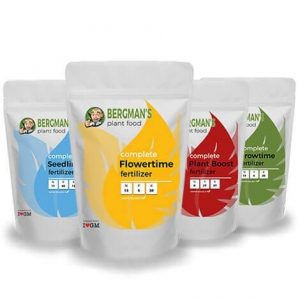
- From seedling to harvest, give your plants everything they need.
- Enough for feeding at least 5 plants.
- Discounted Package Deal
- Works well in soil, hydroponics, and other growing mediums.
- The best way to treat your plants
ILGM Plant Protector
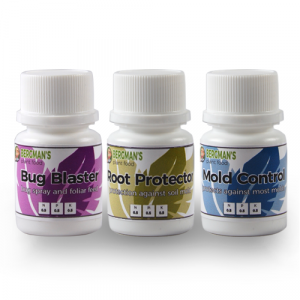
- Protect your cannabis from diseases and harmful pests.
- Contains three 20 ml bottles.
- Enough supplies to protect 20 plants.
- It can be used in soil, hydroponic, and all other growing mediums.






